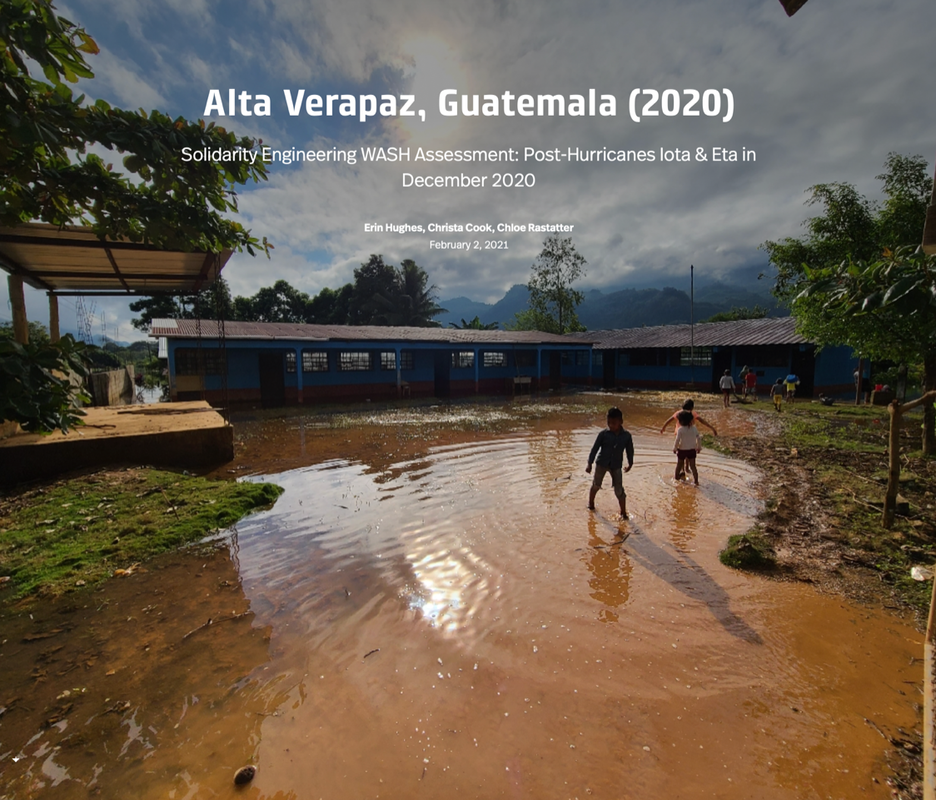|
Plenty Canada’s Maya-Guatemala project involves the preservation of cultural values and traditional knowledge. Elder women, traditional weavers, are teaming up with young women to revalue and safeguard the ancestral knowledge of the Maya Q’eqchi’ people, “uniting in defense of our beliefs and values that roots us in our Mother Earth, the Mountains and the Cosmos,” as stated by Maria Leonor Teni de Leon (Maya-Q’eqchi’), project coordinator.
In difficult times of pandemic and economic instability, the Maya-Guatemala project has provided much needed information and distributed masks as well as facilitated vaccinations to elder weavers and their families. “Our strength as women and our commitment to our Maya culture are the basis of how we work,” said Teni. Fifteen Q’eqchi’ women weavers formed the first circle of the project. As elders of extented families, and community leaders, they came together in 2020. The primary intent of the project is the preservation of the ancient weaving arts, but with the COVID-19 pandemic in strong upswing in the first two years, the group began by responding to that challenge. Many families were suffering serious hunger; the weavers reasoned that they would focus on the most pressing needs of the community. They reasoned that their project is “guided by love” and they worked to secure much-needed assistance in foodstuffs and medicines that were channeled to over 200 families in three communities. “Our foundation is the value and knowledge of the Maya Q’eqchi’ feminine force,” said Teni de Leon. “We take stock of our elders and can see that many are very marginalized, the older women, many widowed, are our treasures and they are often living in severe poverty with very poor housing.” The impacts of climate change are palpable. In November 2020, two back-to-back hurricanes were unusually penetrating. They caused widespread flooding that damaged the foundations of many houses. Among the elder’s families, many houses are in dire need of repair. “As we see the many ways we need to support our elders, we are determined to help,” expressed Teni de Leon. A team with house construction skills was organized but there is a need for further resourse development in this task of home repairs. As the elder weavers retie the family networks within that central tradition, an Indigenous way of resilience restrengthens that is guided by reciprocity. Catalina Xo, a community Elder leader expresed that the weaving tradition in itself is a way of life, inclusive of all nature and the spirit and the vision to protect, care for, and develop their community and their lands. Teni de Leon reports that the weaving sessions are now in full swing. The younger women take care of their elders and assist them in their daily work in the corn and bean fields, in the gathering and preparation of medicinal plants. Among the elder weavers are midwives and healers of various types, with many traditional culinary skills. Instruction sessions are in full swing and the group has visited with other Indigenous weaving circles in the region. Within this ancestral knowledge are carried the cosmovision and cultural teachings that guide a community. These teachings are essential in the raising of young children. “The more ancient weaving patterns carry stories and symbols important to our people,” said Teni de Leon. “The elders are particularly enthusiastic that the teaching is in the natural style of the Q’eqchi’ people and culture, where everything is related.” SEE HURRICANE STORY: https://storymaps.arcgis.com/stories/9ac4f7acee2941aebcf9fc15a80e4185) — Jose Barreiro
0 Comments
Your comment will be posted after it is approved.
Leave a Reply. |
|
Our LocationPlenty Canada 266 Plenty Lane Lanark, Ontario, Canada K1G 3P4 (613) 278-2215 |
Donate to Plenty Canada |
|


